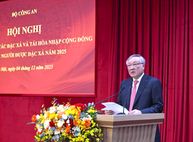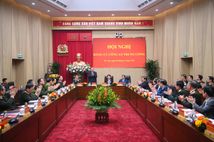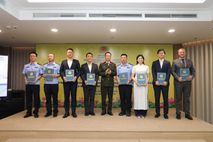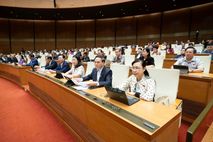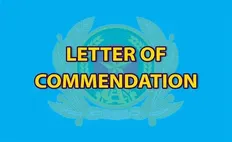
Prime Minister Pham Minh Chinh calls on countries to take “Five Strengthenings” approach in implementing Hanoi Convention
Within the framework of the Signing Ceremony of the United Nations (UN) Convention against Cybercrime and High-Level Conference, Deputy Prime Minister Bui Thanh Son and UNODC Executive Director Ghada Fathy Ismail Waly co-chaired a high-level discussion session on the afternoon of October 25, 2025, in Hanoi.
26/10/2025
Prime Minister Pham Minh Chinh attended and delivered a keynote speech at the session.
The event was also attended by UN Secretary-General António Guterres and representatives from over 110 countries and international organizations.
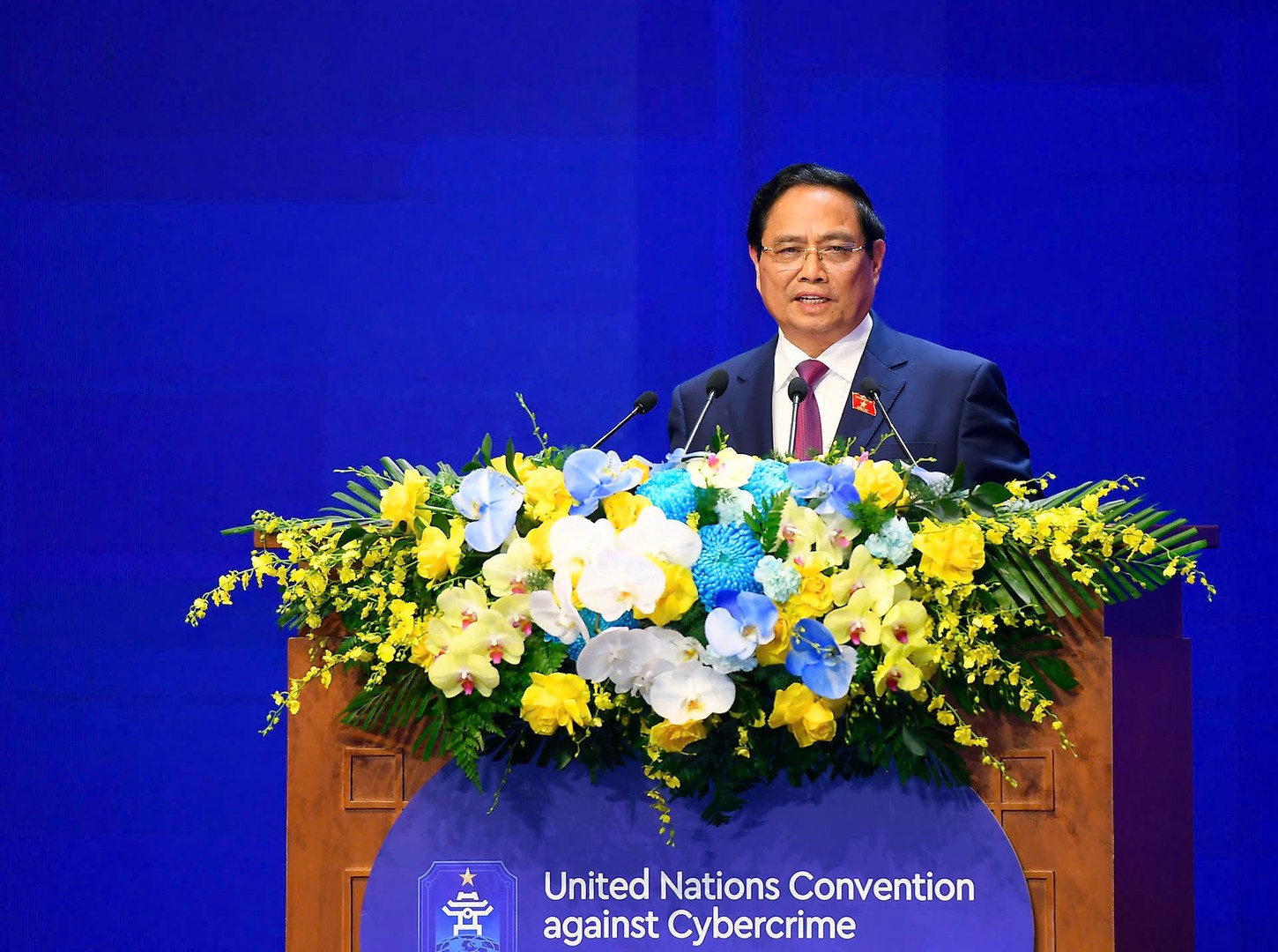
In his remarks, Prime Minister Pham Minh Chinh emphasized that digital transformation is not only an inevitable trend and objective necessity, but also a strategic choice and top priority for every nation that wishes to achieve rapid and sustainable development.
However, along with these opportunities come unprecedented risks such as cybercrime and cyberattacks, he noted.
The Prime Minister affirmed that ensuring cybersecurity and combating cybercrime is not solely the mission of individual nations but a shared responsibility of the international community.
He called on all countries to join hands in implementing the convention through five key actions:
First, strengthening international cooperation, building a robust network of partnerships among countries, international organizations and major technology corporations.
Second, strengthening national legal frameworks in accordance with the Convention.
Third, strengthening investment in cybersecurity infrastructure to facilitate the combat of cybercrime.
Fourth, strengthening the development of specialized human resources so as to enhance national capacity to investigate and handle cybercrime cases.
Fifth, strengthening participation in international legal frameworks governing cyberspace.
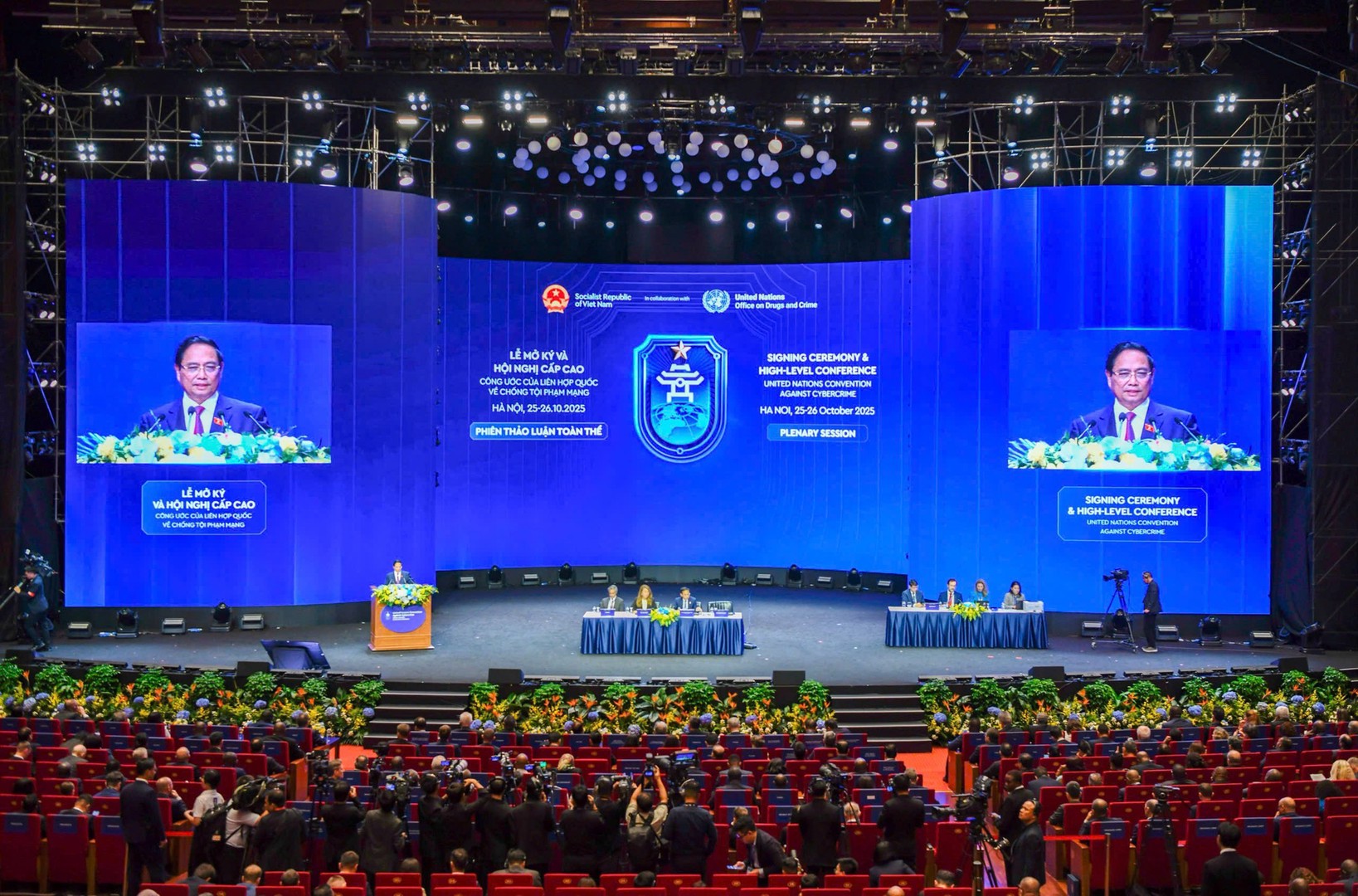
During the session, representatives from 18 countries delivered speeches, agreeing on the pivotal role of the Convention and highlighted it as an important milestone in establishing the first global legal framework for coordinating joint efforts to respond to cybercrime — an increasingly complex and cross-border challenge.
Many delegates also expressed their countries’ commitment to combating cybercrime and enhancing international cooperation in information and evidence sharing, developing common cybersecurity standards and promoting capacity-building and technical assistance to collectively safeguard global cybersecurity.

